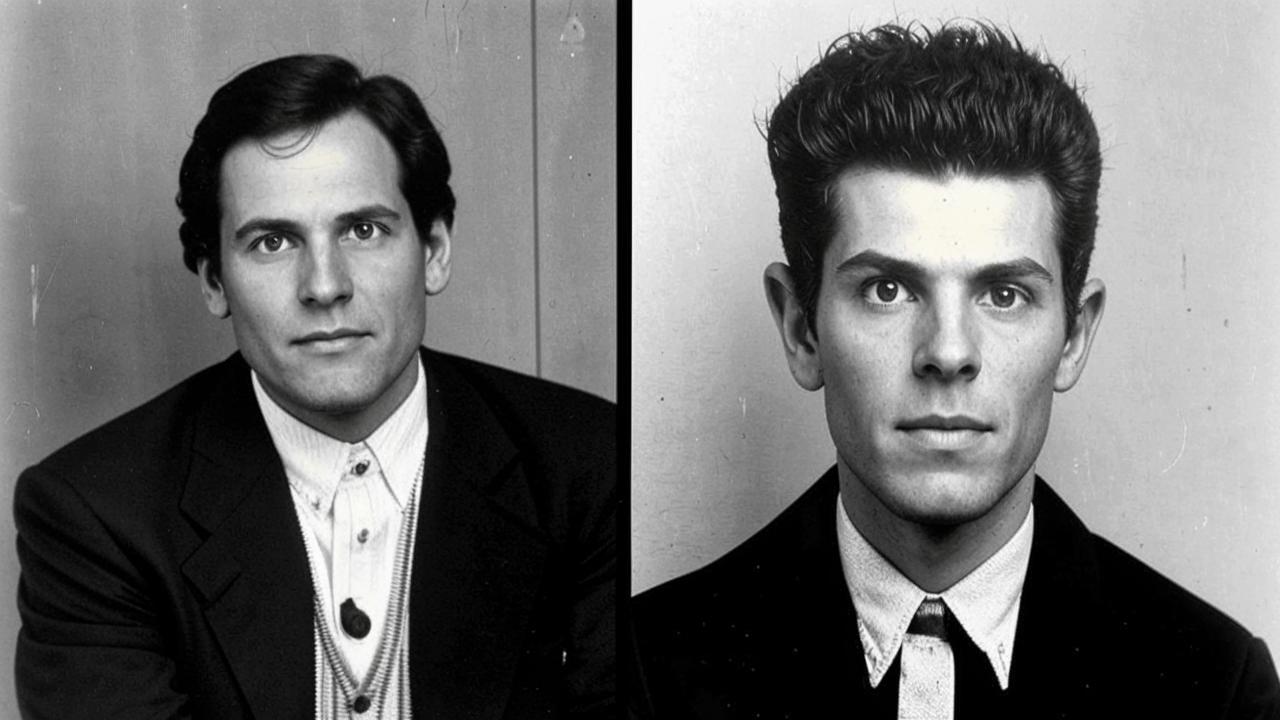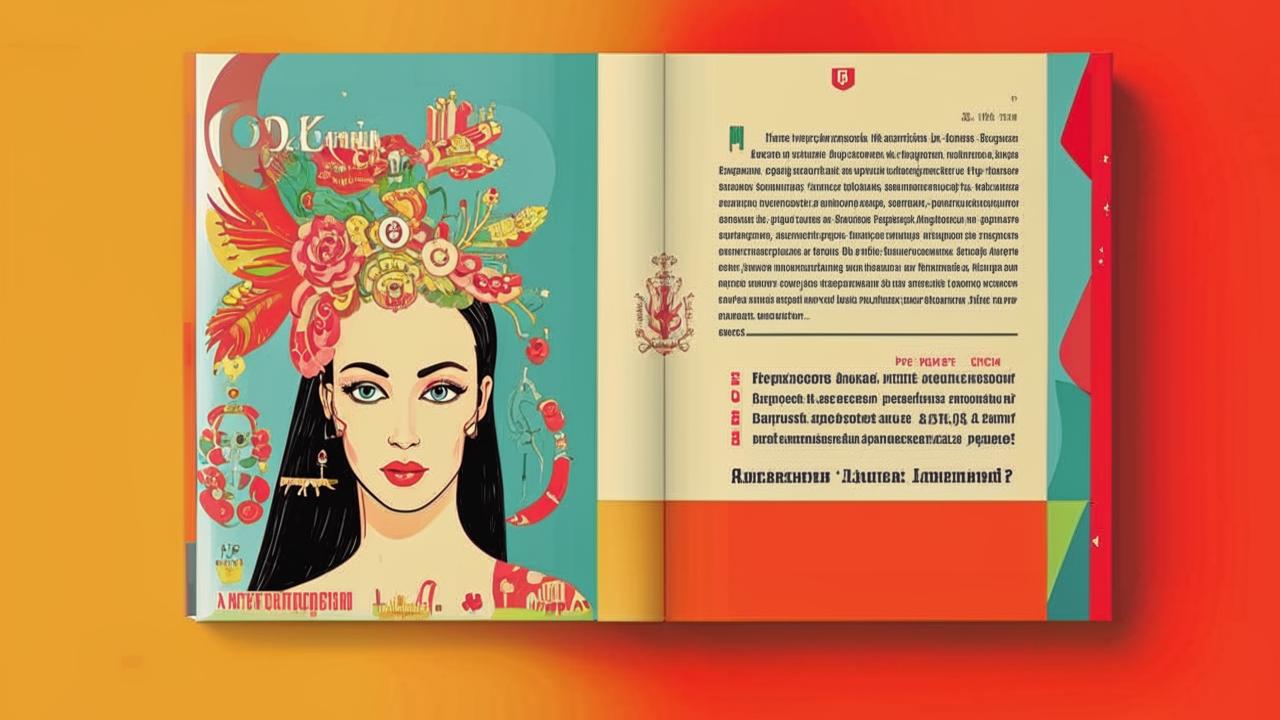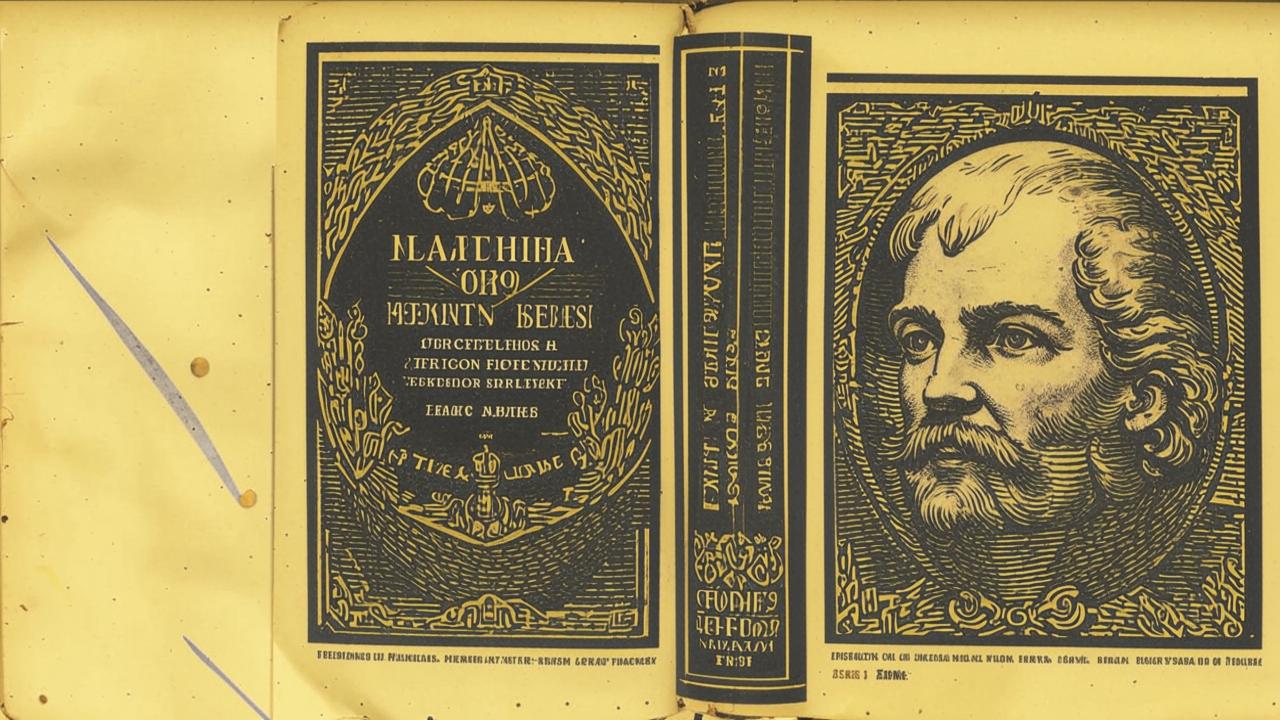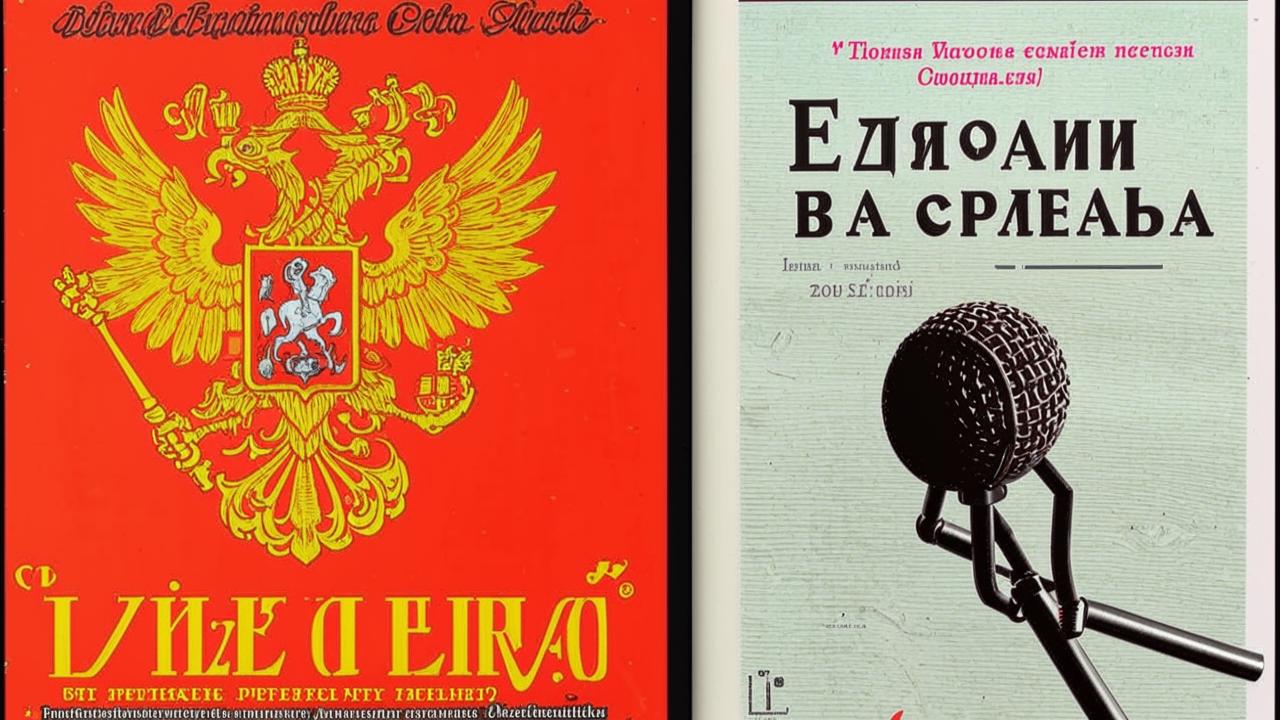Our speech makes the second strongest impression on others (after our appearance). Not surprisingly, it is the ability to express thoughts in oral conversation and on paper that can play a decisive role in career advancement and in personal life.

Editor of the non-fiction division of LitRes Group of Companies
Shares a selection of books that will help you learn to master words masterfully.
“Who is afraid of the complexities of the Russian language? Simple explanations for everyone who wants to write literately”
Anastasia Shadrina
Candidate of Philological Sciences Anastasia Shadrina wrote this book for everyone who disliked the Russian language at school and still makes mistakes in writing and in speech. The author has 15 years of experience in teaching and tutoring, thanks to which she has accumulated many ways not only to explain even the most complex rules, but also to make this material truly entertaining.

The expert is convinced that thanks to this book, the need to choose between “tsya” and “tsya” at the end of verbs and “n” and “nn” in the middle of adjectives will no longer take you by surprise, literacy will become conscious and will be brought to automaticity.
The book contains two sections – about grammatical and speech errors, it can be used as a source of interesting information about the Russian language, and as a reference book that will tell you how to write and speak correctly.
“Russian language on the verge of a nervous breakdown”
Maxim Krongauz
In this book, which has survived several editions, Doctor of Philological Sciences Maxim Krongauz changes the tone of an enlightened linguist to the intonation of an ordinary native speaker, who has his own preferences, tastes and pain points. It is from these positions – emotionally and passionately – he explains what is happening to our native Russian language, whether it is really once again “on the verge of a nervous breakdown” or is experiencing a new round of its development.

Is it true that borrowings litter the language or do they enrich it? What is the correct way to write – “Internet” or “Internet”, “blogger” or “blogger”? How are foreign words treated in other cultures? Should the Russian language be reformed? To these and other questions the author gives answers, and as evidence writes about the most interesting facts from the history of the “great and mighty”.
“The word alive and dead”
Nora Gal
Nora Gal – one of the founders of the legendary Russian school of artistic translation. It is thanks to her that millions of readers have read St. Exupery’s “The Little Prince”, Camus’ “The Outsider” and other classics in their native language. The author has summarized her experience of working with the Russian language in this book, which is addressed not only to fellow translators, but also to all those who want to express their thoughts accurately and clearly.

A large part of the book consists of the analysis of stylistic and linguistic failures of authors, translators and editors with analysis and suggestions for more successful replacements.
Much attention is also paid to everyday speech. This work was first published in 1972, has become a classic for half a century and has not lost its relevance. The book is still a desktop for all those who have made the word their profession.
“Native speech. Lessons of elegant diction.”
Peter Weil, Alexander Genis
Discussing Russian classical literature, essayists Peter Weil and Alexander Genis themselves have created a wonderful example of fine literature. Their texts witty and original “plow over” the school program, forcing to look at the works of painfully well-known authors from a new angle.

“Reading the major books of Russian literature is like revisiting your biography anew. Life experience was accumulated along with reading and thanks to it… We grow together with books – they grow in us. And sometime it’s time to rebel against the attitude to the classics that we have invested in our childhood”, – the authors write in the preface.
It is such a righteous rebellion allows them to argue about Ostrovsky’s “Thunderstorm” as a polemic with Flaubert’s “Madame Bovary”, about “Taras Bulba” as a Russian “Iliad” and wonder why in Russia of the XIX century was not written an adventurous novel. If anyone finds Russian literature boring, this “anti-textbook” will prove otherwise.
“I speak – I am listened to”
Nina Zvereva
Public speaking is a necessary daily part of Nina Zvereva’s profession. She is a TV journalist with many years of experience, winner of two TEFI awards, who believes that the skill of correct communication is not only necessary for public figures. It comes in handy in private life (telling a joke so that it made everyone laugh is an art) and, absolutely, this skill is important in business, where success depends on the outcome of negotiations.

How to learn how to speak in public in such a way that it captures everyone, convinces and helps to move through life easily? This is the subject of the book. Exercises, techniques and rules are accompanied by examples from the rich life of the author.






